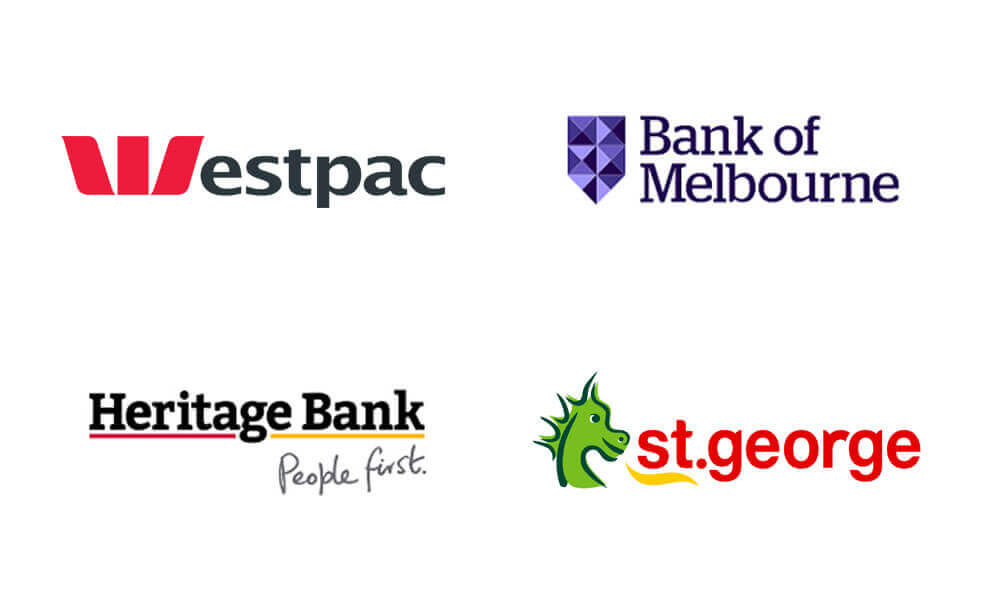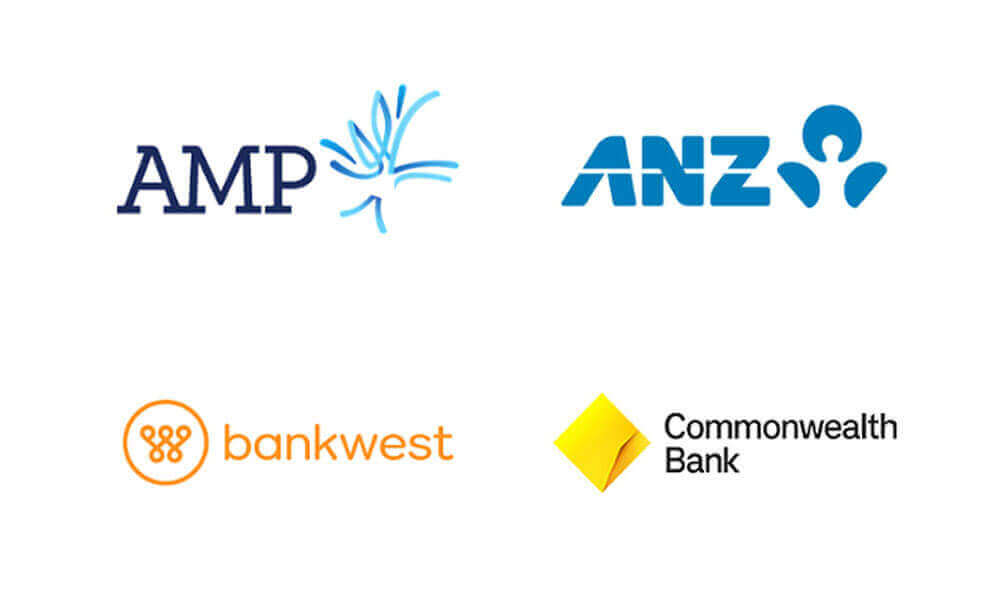
Top camping holiday destinations
Imagine warm nights underneath a star-studded sky. Basking in the warmth of extended sunny days…

The day you’ve been dreading is coming up. You’ve experienced a record-low interest rate for a year or more, but now your fixed rate home loan term is ending.


Do you, 1) hide under your bed and hope for the best; 2) hope that your current lender will give you a reasonable rate when your loan changes back to variable; or 3) start getting ready and do your homework sooner rather than later?
That’s right, folks – number 3 is the correct answer. Now is not the time to be complacent.
And while we’d all like to think that our current lender has our best interests at heart, the likelihood is they may not even roll you on to the most competitive variable rate available to new customers.
More than one in five Australians will have their fixed rate loans end and see their interest rate more than double in some cases in 2023. If you’re facing the fixed rate cliff, it’s time to start preparing.
In May 2022, the Reserve Bank of Australia began increasing the cash rate in order to restrain inflation. Each month, we saw repeated rate rises leaving many borrowers feeling the pinch.
Turn back the clock to 2020 and 2021, and it was a different story. Lots of borrowers made the most of historically low fixed mortgage rates of between 1.75% and 2.25%.
While these borrowers may have avoided last year’s interest rate increases, now those fixed terms are coming to an end and what’s ahead may be daunting… interest rates of around 5% to 6% and a sizable increase in repayments.
Review your budget
Now is the time to make a budget if you don’t already have one. That way, you’ll be totally across your income and expenses. You may choose to modify your lifestyle and spending now so that you are in a better financial position when your fixed term comes to an end.
Work out your repayments
Ask your lender what your rates and repayments will be when your loan goes back to variable.
If you’ve already been making additional repayments or increased your monthly repayment amount, you may already have a cushion to land on as rates go up.
Shop around
Ask your lender what your rates and repayments will be when your loan goes back to variable.
If you’ve already been making additional repayments or increased your monthly repayment amount, you may already have a cushion to land on as rates go up.
Shop around
It’s a great idea to talk to your local 1st Street Mortgage Broker two to three months prior to your fixed rate term expiring so we at 1st Street can go over your options.
Your Broker may be able to negotiate an improved rate with your existing lender, particularly if you already own a considerable part of your property. Otherwise, we at 1st Street may suggest another lender entirely.
Even though interest rates are rising, there is still a lot of competition between lenders for your business.
Reach out if you’re struggling
If you are finding it hard to make your repayments or are at risk of defaulting, get in touch with your lender’s hardship team. It’s best to do this early, before the circumstances get worse.
As your local award winning mortgage broker, we at 1st Street can assist you to plan for the fixed rate cliff and try to make sure you are in the best position to land safely. Don’t wait until you’re in financial concern to do something. Contact us today to consider your options.

Imagine warm nights underneath a star-studded sky. Basking in the warmth of extended sunny days…

Are you considering investing in property? Buying an apartment can be a manageable option, perfect for first-time investors. The right apartment and good financial planning in Australia can secure incoming cash flow for years to come. Here’s our guide to investing in an apartment that will deliver high returns.
Yes, that’s right. You pay zero, zip, nada.
1st Street’s premium service comes at no cost to you! 1st Street is paid by the lender when your loan settles, however, this will not affect your interest rate or loan fees! It is often more cost-effective for a mortgage broker to process a loan rather than the lenders processing it themselves in-house. In fact, we often find that we can save you money by negotiating on your behalf.
Use our online calculators to work out how much you can borrow, loan repayments, stamp duty and lots more.






